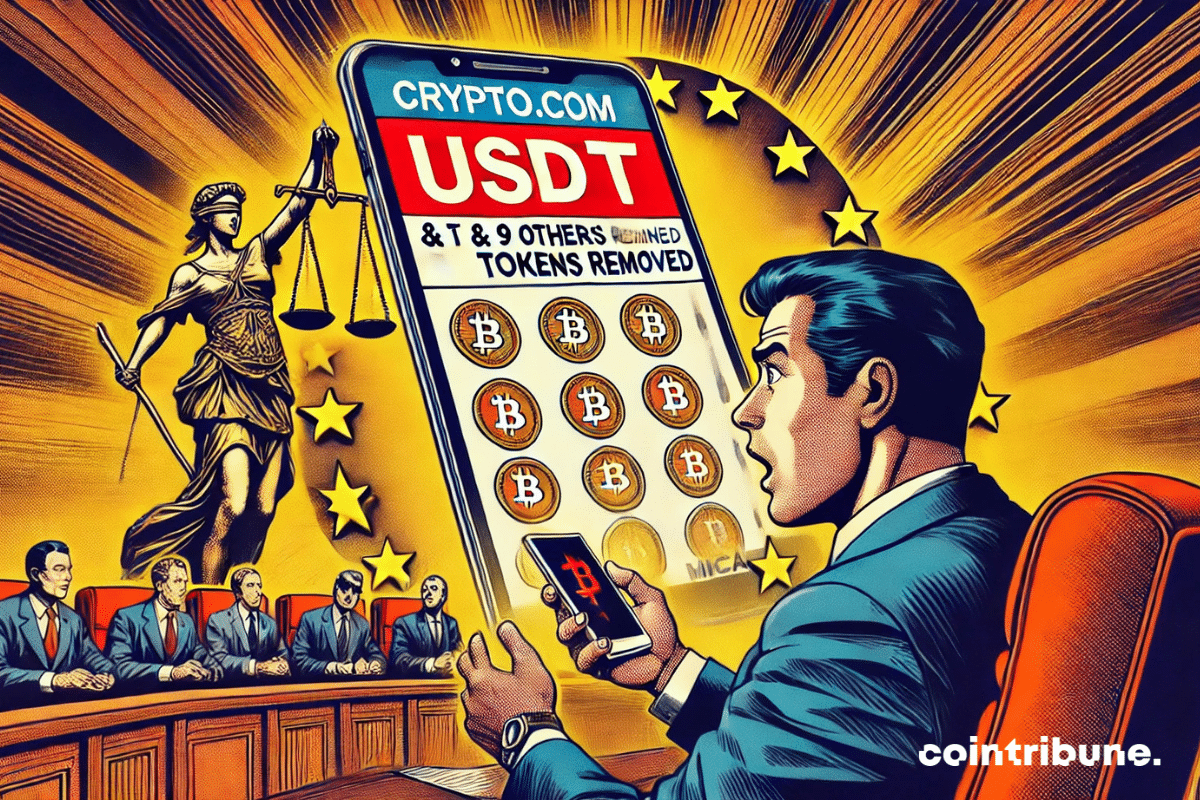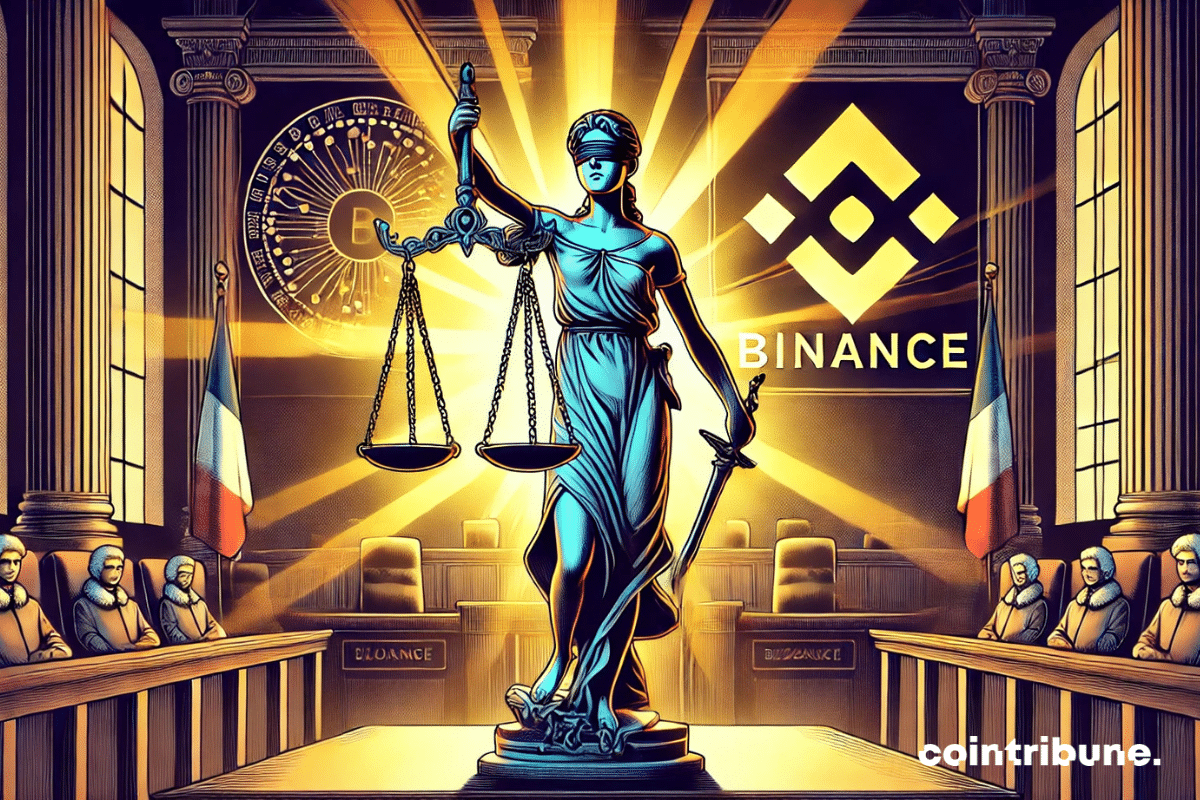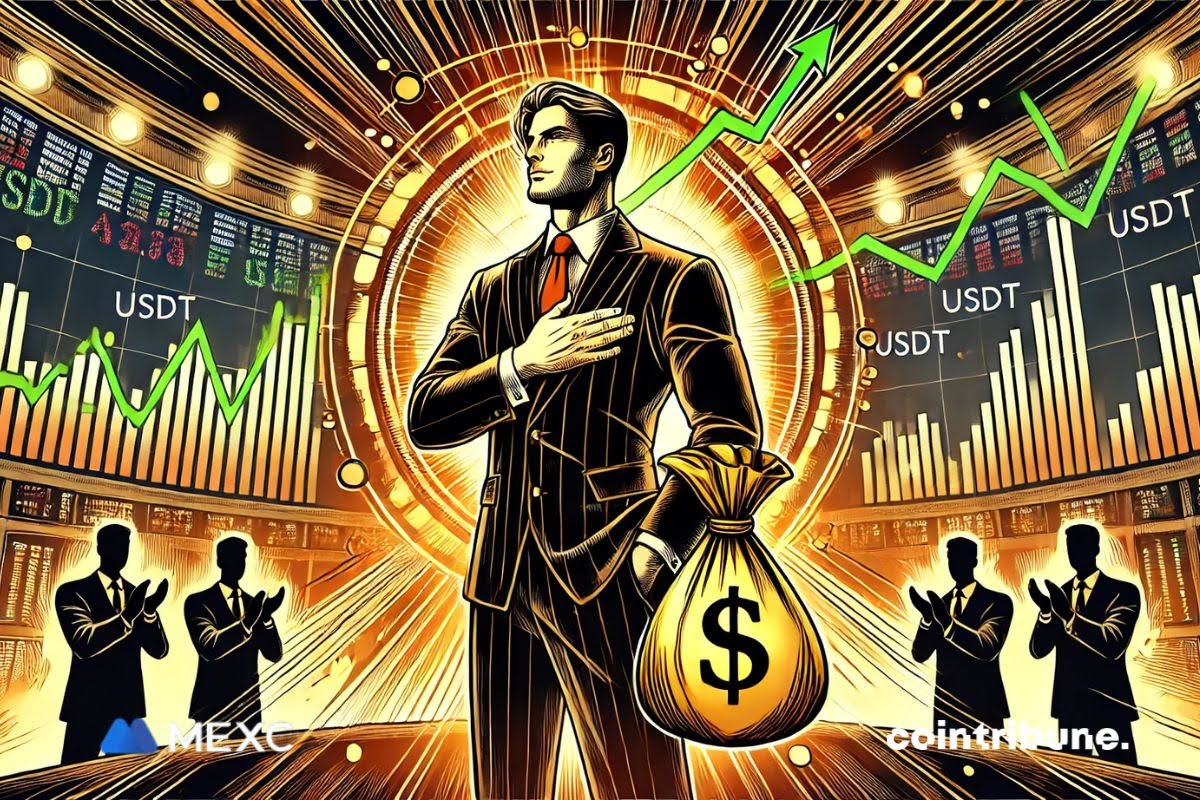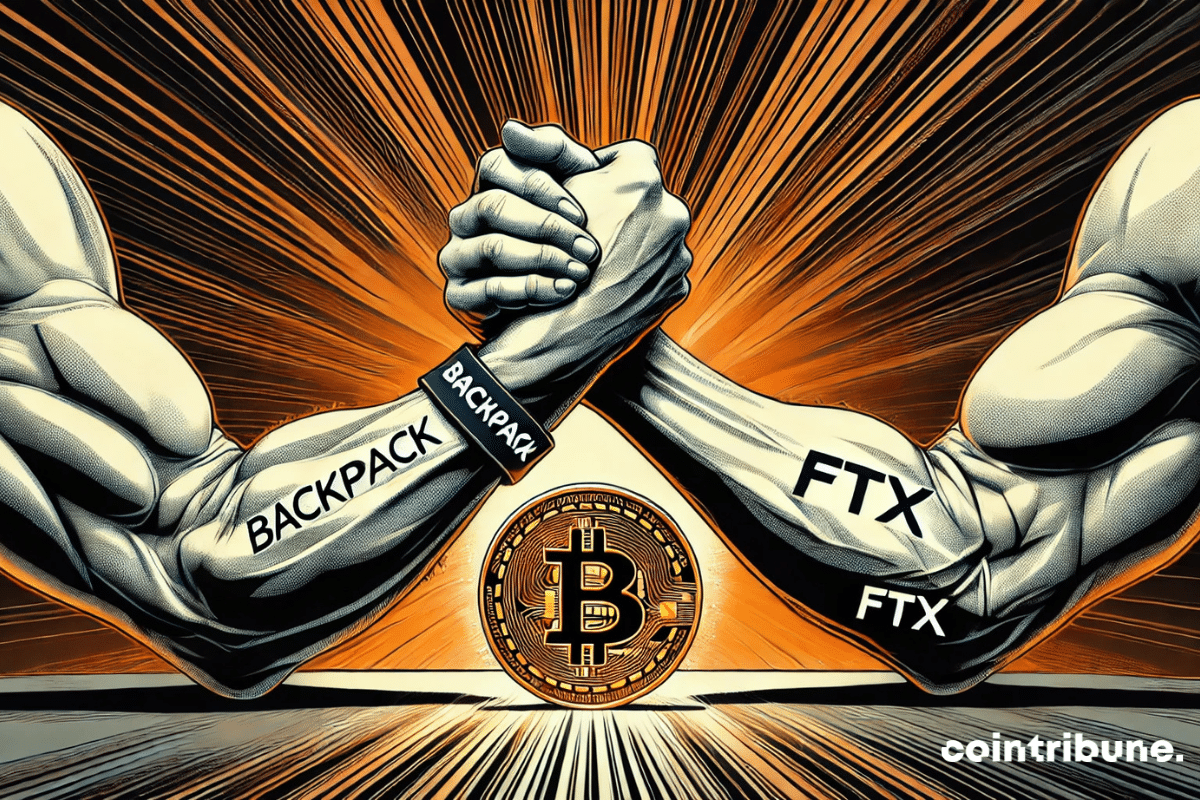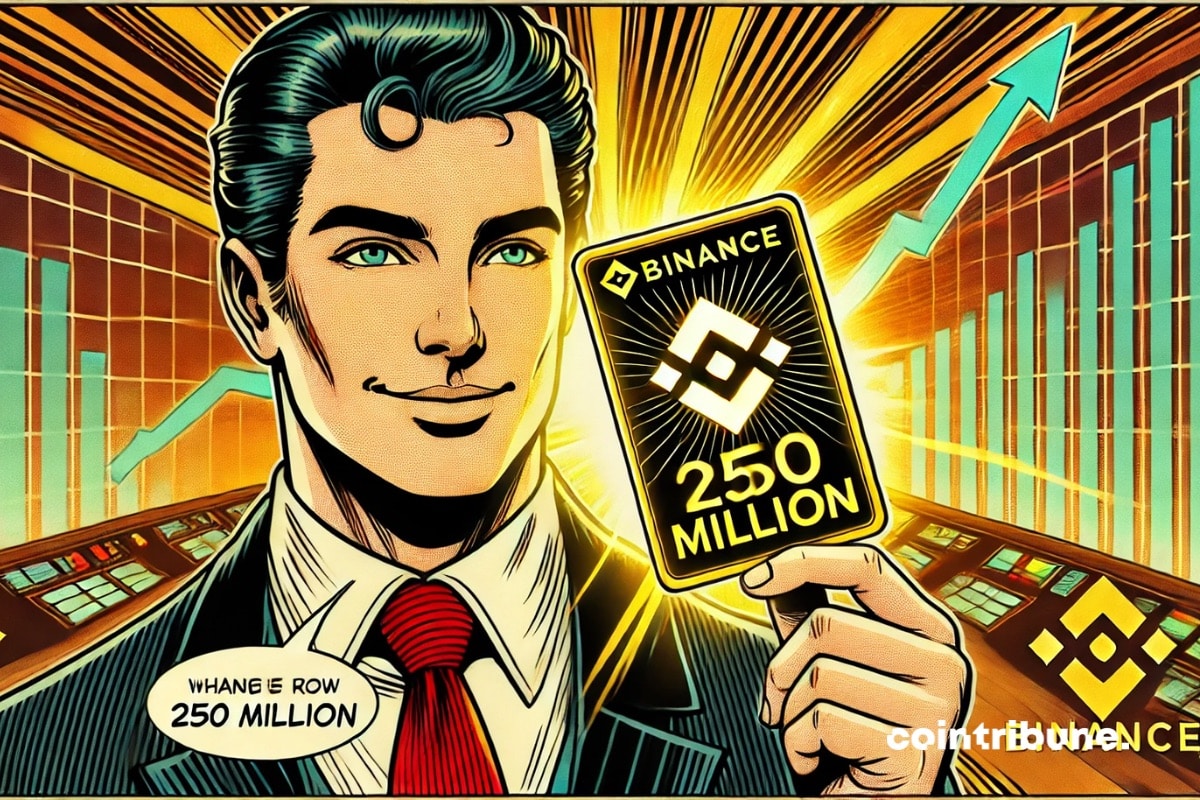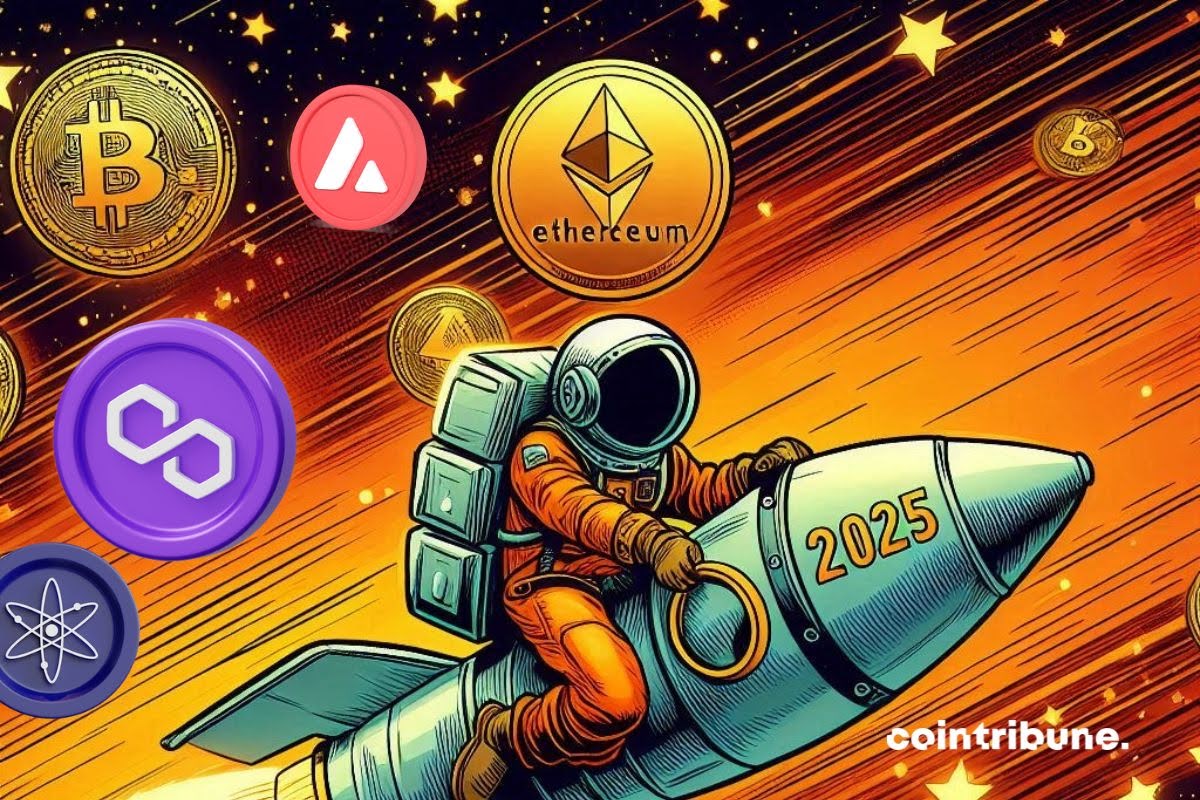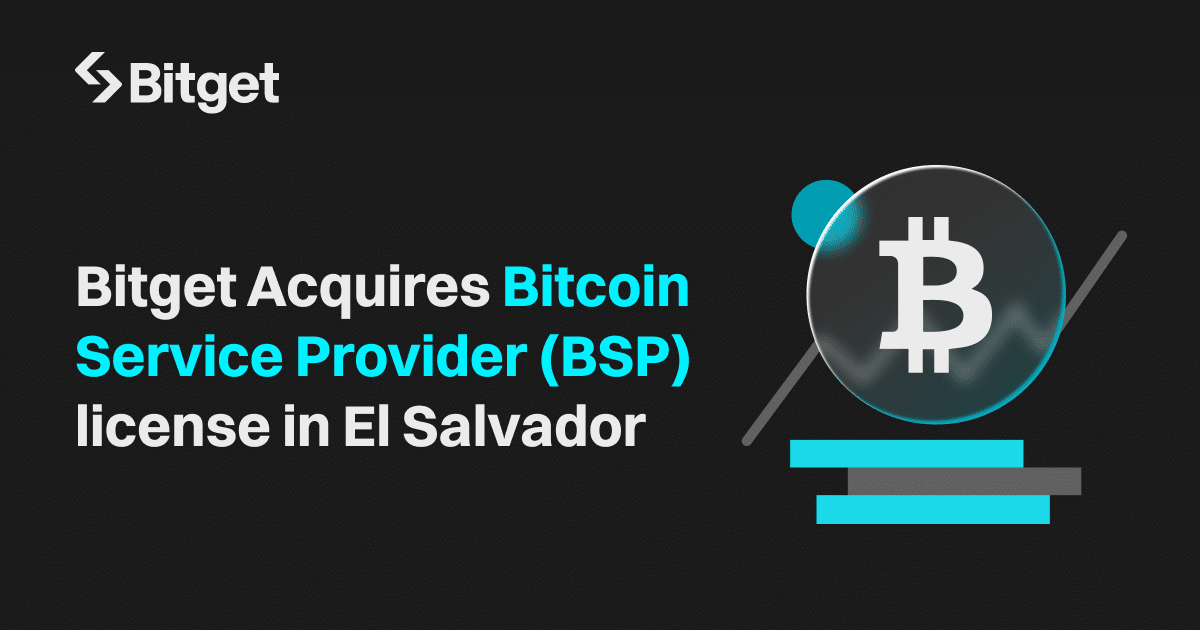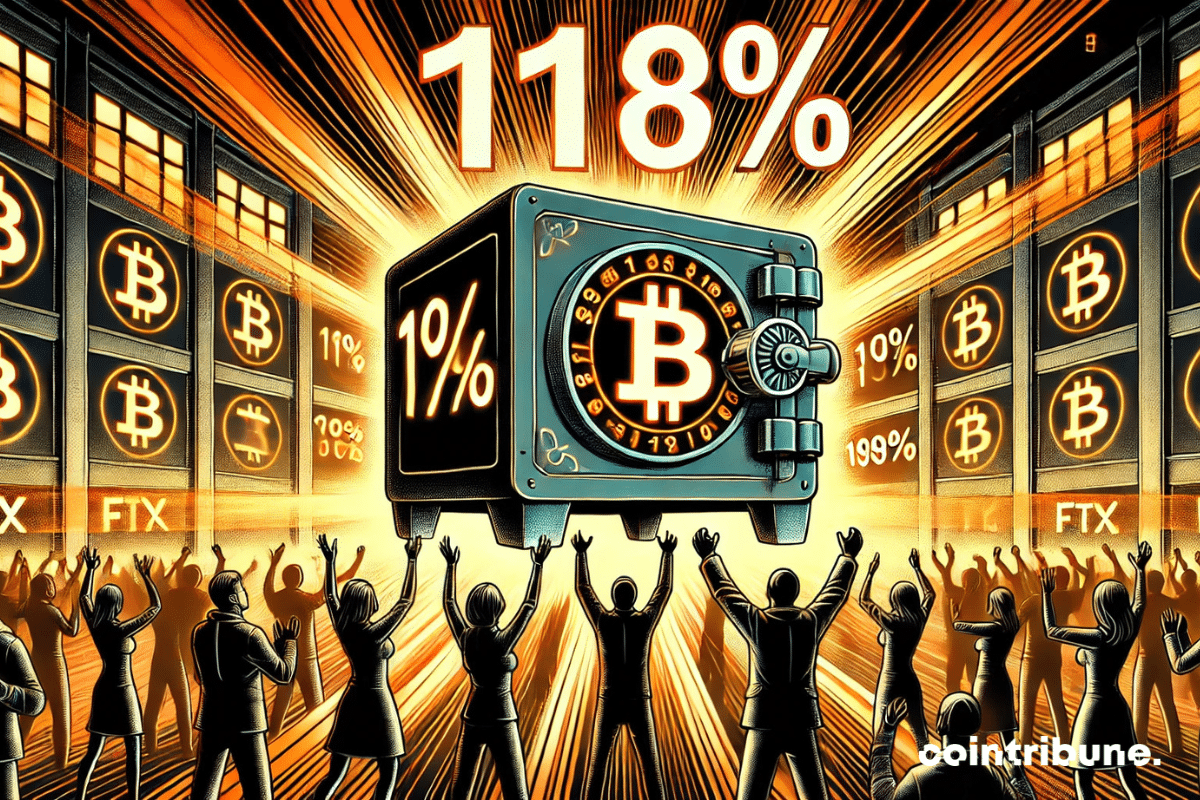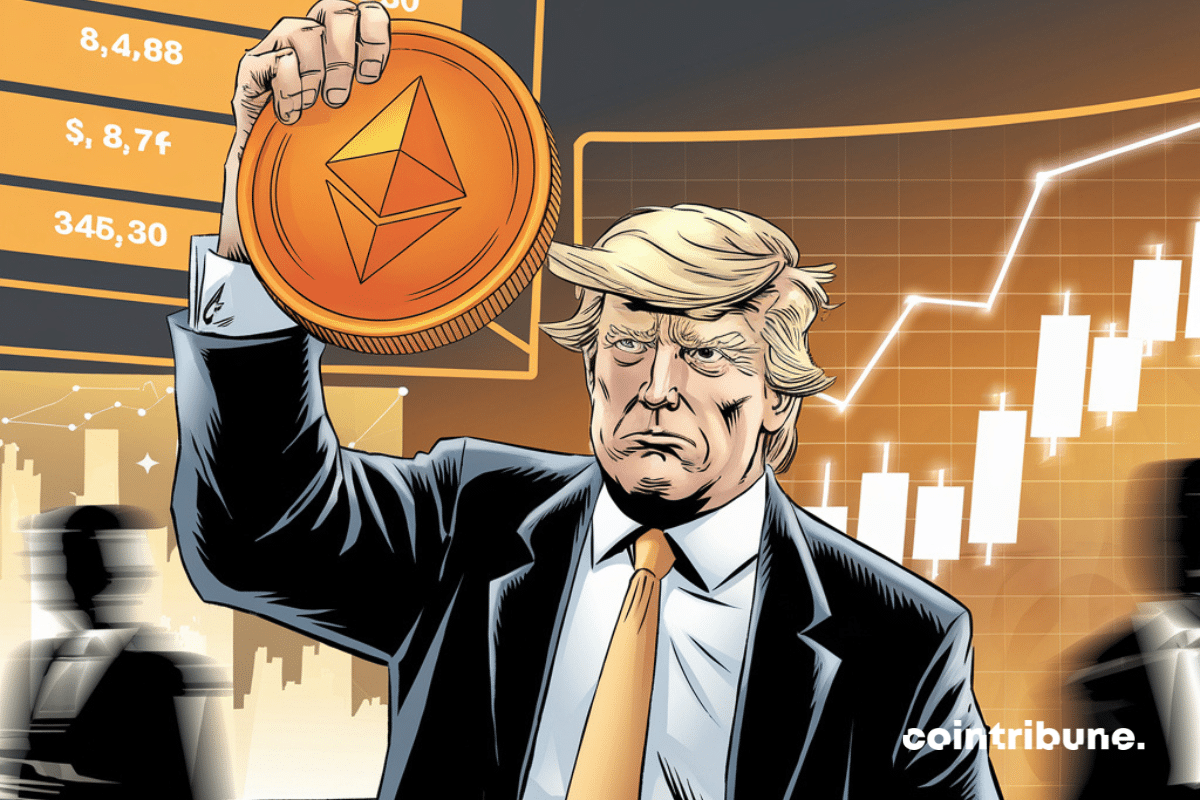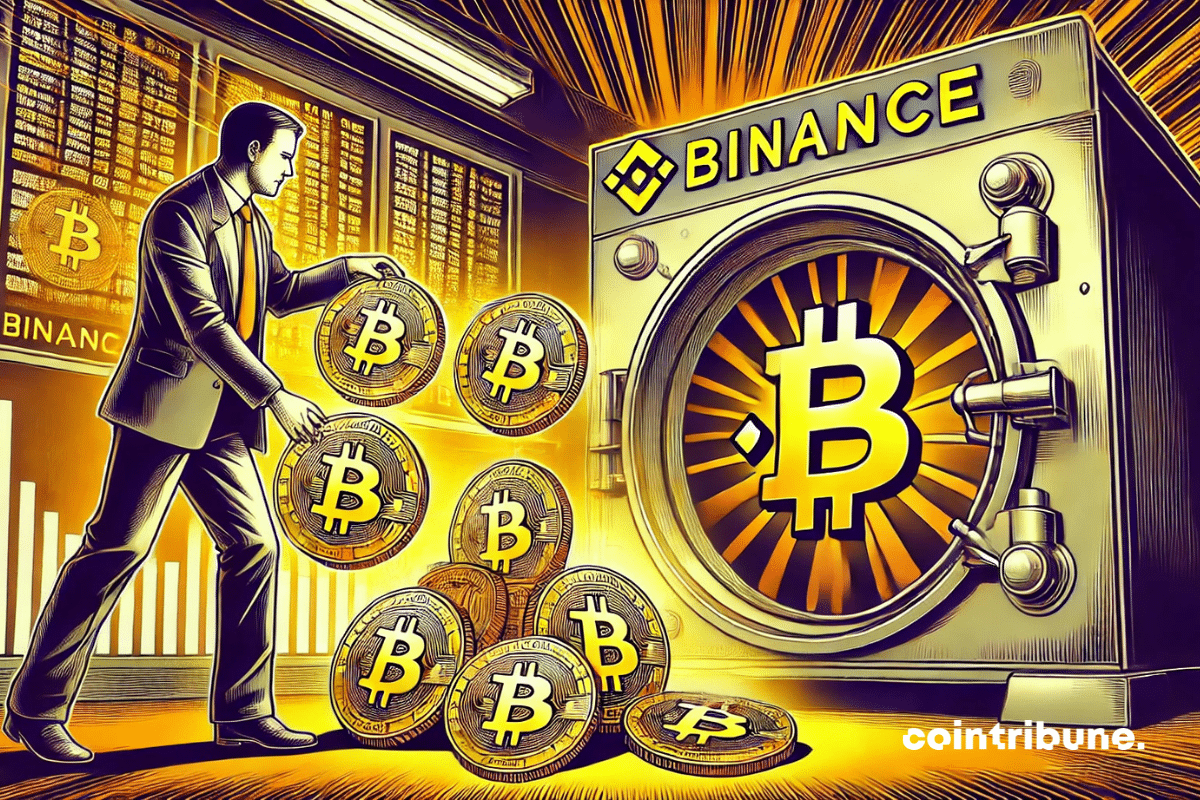Solana dominates 50% of DEX volume and surpasses Ethereum. Analysis of this rise to power that shakes up the crypto ecosystem.
Exchange News
The European Union is intensifying its control over non-compliant stablecoins in accordance with its new regulations. Crypto.com has just announced the removal of Tether (USDT) and nine other cryptocurrencies in Europe, a decision that marks a shift for the sector. Such an initiative directly responds to the requirements of the MiCA regulation (Markets in Crypto-Assets Regulation), which imposes strict oversight of stablecoins and associated services. Following Coinbase, which removed USDT in October 2024, Crypto.com is following suit and imposing a precise timeline on its users. As of January 31, 2025, the purchasing and depositing of these assets will be banned on its European platform. Starting March 31, the remaining funds will be automatically converted into MiCA-compliant stablecoins. This removal goes beyond mere compliance. It reshapes the stablecoin landscape in Europe, where exchanges must now adapt to the new rules or risk sanctions. In a rapidly changing market, this announcement underscores the regulators' desire to impose a strict framework and raises uncertainties about the future of decentralized stablecoins in the EU.
The global crypto industry, already under pressure from increasingly strict regulations, is once again shaken. Indeed, French authorities have just opened a judicial investigation targeting Binance, the world leader in crypto exchange platforms. This procedure, which is based on serious accusations such as money laundering, tax fraud, and drug trafficking, highlights the growing tensions between regulators and players in a sector still seeking clear legal frameworks. While Binance denies these allegations, this case could tarnish the platform's image, but also redefine the rules of the game for the entire industry.
OKX and Crypto.com obtain their MiCA licenses. They gain access to 400M customers in 30 European crypto markets. Details here!
Silk Road fades away, but Ulbricht intrigues. Kraken raises funds, while $47 million in BTC floats in limbo.
Valletta, January 23, 2024 - OKX, the global leader in blockchain technologies, announced today that it is the first Virtual Financial Asset (VFA) exchange to receive its MiCA pre-authorization. With this step, OKX is set to obtain the MiCA license soon, enabling it to offer its regulated crypto services to over 400 million Europeans from its Maltese headquarters.
The European Union is strengthening its role as a pioneer in financial regulation and is addressing a critical issue: the regulation of cryptocurrencies. With the arrival of the MiCA regulatory framework (Markets in Crypto-Assets Regulation), ESMA, the financial markets authority, is calling for swift action against stablecoins that do not comply with the new standards. This regulatory shift, aimed at protecting investors and ensuring transparency, heralds a major overhaul of the European crypto ecosystem and poses significant challenges for both issuers and trading platforms.
Cryptos have been evolving for years in a regulatory gray area, but the latest decision by the U.S. Supreme Court marks a decisive turning point for Binance. By rejecting the platform's request, the highest American court confirms that securities laws apply to transactions conducted on its servers, even if the company does not have a physical headquarters in the United States. This verdict paves the way for a class action lawsuit initiated by investors, who accuse Binance of selling unregistered cryptos. Already under pressure after a series of lawsuits and a multi-billion dollar settlement with the Department of Justice, the exchange and its former CEO, Changpeng Zhao, are facing intensified legal challenges. This setback raises a key question: Are the United States imposing their authority over the entire global crypto market?
MEXC, one of the leading crypto trading platforms, is launching its New Year Futures competition with a prize pool of 8 million USDT! This competition gives traders from around the world the opportunity to showcase their skills and kick off 2025 in style.
As the European Union prepares to implement the MiCA regulation, MEXC announces the continuation of USDT trading for European crypto users. The platform also offers attractive rewards and special events to support traders, thereby reinforcing its commitment to a smooth and secure trading experience.
The crypto company FTX accuses Backpack of acquiring FTX EU without judicial approval. We provide all the details in this article.
Hyperliquid, a decentralized perpetual trading platform, is facing growing concerns from its community regarding issues related to its validators. These worries have emerged following recent incidents that have called into question the security and reliability of its crypto infrastructure. In an effort to be transparent, Hyperliquid sought to clarify the situation, and here are their comments.
Binance, the largest cryptocurrency exchange platform in the world, recently published its year-end report for 2024, revealing impressive figures. Among the highlights, the company announced that it has surpassed 250 million registered users, thereby confirming its dominant position in the digital assets sector. Here are the innovations that made this possible...
In 2024, Coinhouse identified five promising cryptos: Bitcoin, Ethereum, Polygon, Avalanche, and Cosmos. As the year is coming to a close, it is time to evaluate their performances and to look ahead to 2025 to understand the future prospects of these digital assets.
MEXC, one of the leading crypto platforms, is kicking off the new year with an exceptional initiative for its European users. From January 2 to 16, 2025, the platform offers exclusive rewards focused on USDT deposits and trading. This event aims to provide a seamless user experience and generous benefits while strengthening MEXC's presence in the European market.
Backpack Exchange, a fully regulated cryptocurrency exchange platform on a global scale, announced today the acquisition of FTX EU, the former European branch of FTX holding a MiFID II license. Approved by the FTX bankruptcy court and the Cyprus Securities and Exchange Commission (CySEC), this acquisition represents a major milestone in Backpack's international expansion and demonstrates its commitment to providing secure and regulated trading solutions across Europe.
In December 2024, decentralized exchanges (DEX) reached a historic high with a monthly volume of $462 billion. This exceptional performance reflects the ongoing rise of decentralized finance (DeFi) and the growing interest of crypto investors in exchange platforms without intermediaries.
Binance's vaults are welcoming massive deposits. Whales, silent strategists, weave their web of stablecoins for a promising bullish dance.
The European Union stands on the brink of a historic change with the impending implementation of the MiCA regulation (Markets in Crypto-Assets), aimed at regulating cryptocurrencies and enhancing transparency in the market. Among the many implications of this regulation, the fate of the USDT stablecoin, issued by Tether, raises significant questions. This token, which holds a central position in crypto transactions worldwide, could be banned or restricted in Europe if authorities deem it does not meet MiCA's requirements. However, as the deadline of December 30, 2024 approaches, no clear directive has been communicated. This situation has led to varied responses among major exchange platforms. For instance, Coinbase has taken the lead by removing USDT from its European services and opts for a conservative approach in the face of regulatory uncertainties. Conversely, major players like Binance and Crypto.com keep the stablecoin accessible, as they bet on future clarifications. This climate of ambiguity reflects the scale of the challenges posed by implementing MiCA and highlights the need for a harmonized framework to avoid disrupting a rapidly growing sector.
The year 2024 was marked by significant advancements in the world of cryptocurrencies, with several exchange platforms standing out for their performance, security, and innovation. Here is an overview of the three crypto exchanges that dominated this year.
Binance.US, the American branch of the renowned crypto exchange platform Binance, has announced its intention to restore USD services by the beginning of 2025. This news was confirmed by interim CEO Norman Reed, who stated that Binance.US is "closer than ever" to achieving this goal.
Bitget, the leading cryptocurrency exchange and Web3 company, has secured a Bitcoin Service Provider (BSP) license from El Salvador's Central Reserve Bank (Banco Central de Reserva). The authorization enables Bitget to offer services such as Bitcoin-to-fiat currency exchanges, Bitcoin payment facilitation, and secure Bitcoin custody solutions for its clientele.
The bankruptcy of FTX has been a real earthquake in the history of the cryptosphere. It has deeply shaken investor confidence and revealed significant structural flaws within the industry. Nearly two years after its collapse in November 2022, the bankrupt exchange is back in the spotlight with an ambitious reorganization plan, recently validated by the American judiciary. This plan includes an unprecedented repayment to creditors, which will begin on January 3, 2025, with a promise of restitution of up to 118% of the declared debts. To orchestrate this operation, FTX relies on well-known players in the sector. Kraken, experienced in such procedures after having played a key role in managing the Mt. Gox case, and BitGo, an expert in secure crypto custody, have been chosen to handle the repayments. Their involvement offers both security and transparency, two essential values to regain the trust of the creditors and ease the persistent tensions.
The crypto exchange Coinbase is currently at the center of a major controversy. BiT Global Digital Limited, a company based in Hong Kong, has filed a lawsuit for sabotage and anti-competitive practices against Coinbase, claiming over 1 billion dollars in damages! Here are the details.
On the crypto scene, Trump exchanges stablecoins for ETH. A bold move of 5 million that brightens his treasury of 73 million in digital assets.
In 2024, the crypto market reaches a key milestone in its development with an unprecedented rise in invested institutional capital. This phenomenon reflects a profound transformation of financial dynamics, driven by a growing adoption of cryptocurrencies in traditional investment portfolios. At the center of this transformation, Binance stands out by consolidating its position as the global market leader among exchange platforms. The staggering growth of average bitcoin deposits on this platform surpasses that of its main competitors, confirming its crucial role.
The world of cryptocurrencies is undergoing a silent yet significant transformation: the decrease in bitcoin reserves on centralized exchange platforms. This evolution, much more than a simple technical indicator, reveals fundamental changes in investor behavior and market dynamics. As bitcoin approaches the symbolic threshold of $100,000, the study of reserves on Binance and Coinbase sheds new light on how actors perceive and use this asset.
Shieldeum, an innovative project based on a decentralized physical infrastructure (DePIN) powered by artificial intelligence, is gearing up for a significant event: the launch of its token on the KuCoin exchange! But that's not all, the project has also launched its Decentralized Initial Offering (IDO) on the ChainGPT platform, providing investors with the opportunity to join an ecosystem focused on security and performance for crypto users and Web3 companies.
In a volatile market context, where regulations and competition are increasingly present, Binance, one of the largest cryptocurrency exchange platforms, has reached a new high. In November 2024, it recorded an influx of 8.73 billion dollars in assets, bringing the total value of its holdings to 154.9 billion dollars. This performance highlights a positive momentum for Binance, but also a strategic shift that could redefine expectations regarding crypto platforms.
FTX wants to regain its chips: after some questionable transfers, Binance could escape with a hefty fine.

